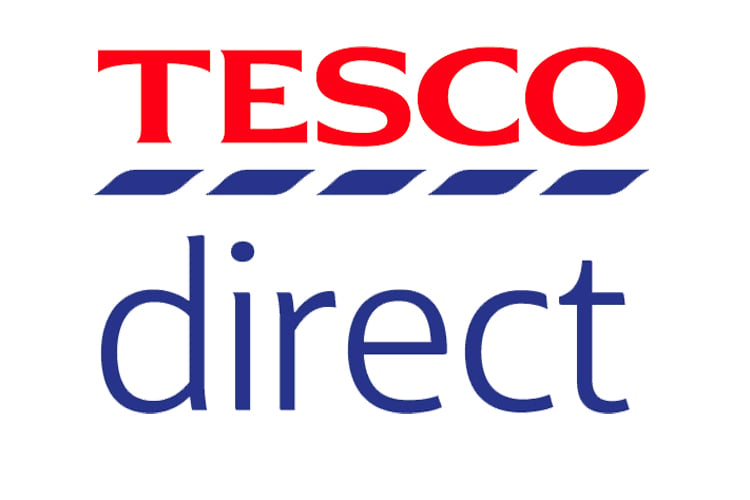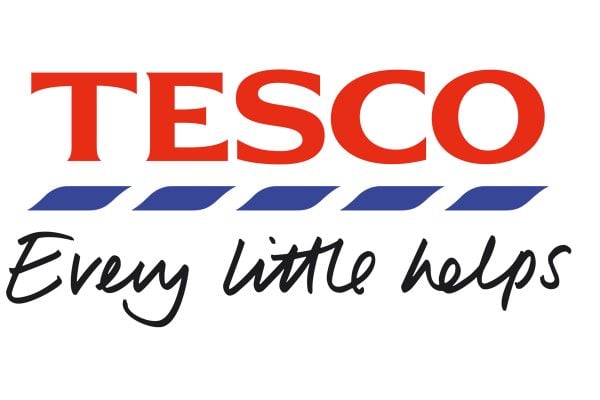The news was revealed today that Tesco Direct will be closing many of its services and with that goes the Tesco online marketplace.
Over the years Tamebay has craved entry into the UK ecommerce from credible, solid, additional players to diversify the offering for third-party (3P) merchants. There has to be greater scope for more than eBay and Amazon, and to some extent Etsy, and a big retailer seemed like a good operator to us for a successful online marketplace. Tesco seemed as good as anyone.
Whilst some retailers have seemed keen to attempt to take on the challenge, so far none have been able to succeed. The Tesco news follows on from Halfords closing down their 3P marketplace earlier this year.
If truth be told, the Tesco offering never really found pace and it’s reported that not many more than 300-400 merchants were successfully trading there. Although, we know anecdotally, a number were enjoying considerable success and the swift closure of Tesco on 9th July will be a blow to those who have invested in stock and development by banking on Tesco persisting.
Tesco was in a prime position to power a marketplace that brought third-party marketplace to shoppers. It has a formidable logistics operation that could be utilised by merchants. And supermarket retailers have other great advantages that can be leveraged. Brand recognition, trust and ubiquity count for a lot. So why has no UK retailer stepped up and had a really good stab?
In the USA the situation is different, Walmart has not only brought 3P merchants onto its online offering but also invested heavily on the likes of Jet.com and Flipkart in India too.
So why isn’t a UK retailer, specifically a supermarket or major chain, interested (or capable) of taking on a challenge that has been embraced by both Amazon and Walmart with great success. The concept has be proven. (Don’t forget that Amazon began as a pureplay retailer.)
The problems are several, as far as Tamebay considers. There will be brand concerns, it means a new approach to stock procurement and also opening up the logistics supply chain. But really at the core must lie an inability to let others inside. Perhaps also older, less progressive executives in key positions, may be a little bewildered by ecommerce, are reluctant to embrace the change. But that’s speculation.
At the core we suspect the problem is one of imagination and an unwillingness to give up a little control. With Marks & Spencer’s announcing the closure of 100 stores on Tuesday we know that the big players continue to struggle in the face of online challenges so we suggest a reassessment of those flawed assumptions by big retailers when it comes to establishing an online marketplace open to 3P merchants. And with Tesco retreating from the challenge, the field is wide open.








